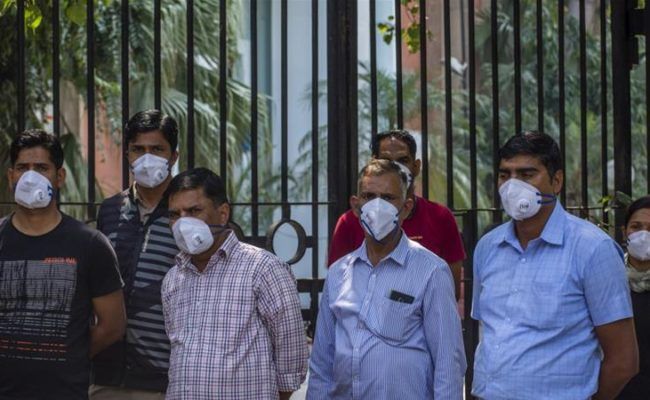Why India has Relatively Less Number of COVID-19 Cases

After the coronavirus was declared a pandemic, it soon found its way into India and the number of cases started to increase with each day. Even after being just second to China in terms of population, India hasn’t hit as bad and many preventive measures were taken to keep the widespread in control as much as possible.
According to worldometer India has 1 confirmed COVID-19 case and 0.03 deaths for every 1 million of its population and the global average is 113.2 cases and 5.7 deaths.

So how has India been able to keep the numbers under control despite having the second largest population and a weaker health system? Here are the probable reasons and theories.
Insufficient testing
India has reportedly tested 47,951 people so far and is also fixed on a narrower approach for testing of COVID-19 cases. Only people with a travel history are being tested for coronavirus. On March 20, the Indian Council of Medical Research (ICMR) decided to revise their criteria and included family members and healthcare workers who are around COVID-19 positive patients but still testing is not being done enough.
Lockdown and curfew
The government imposed a nationwide lockdown even before the number of cases touched 1000 and people have been practicing social distancing as well. It was done to curb human to human transmission and the result of this decision is yet to be concluded. A sharp increase was seen in the number of cases after Delhi’s Markaz Nizamuddin religious congregation and a total of 386 cases were reported within 24 hours.
BCG Vaccine
The Bacillus Calmette-Guerin (BCG) was being discussed as the probable reason for low cases in India as it is administered across India to immunize against Tuberculosis. “We are awaiting more scientific data on BCG’s effectiveness against COVID-19. These studies are interesting because BCG provides protection against tuberculosis, which infects lungs like SARS-COV2” GVJA Harshavardhan, Director of Viral Vaccines at Bharat Biotech said.
Less virulent strain in India
This possibility was being discussed before being ruled out by Gagandeep Kang, Director of the Translational Health Science. “The two shared Indian sequences are from two Wuhan returnees at the end of January. They are near identical to sequenced strains from Wuhan. Nothing special here, move on. Trust the right scientists,” she said in her tweet.
RELATED ARTICLES

Food to Eat and Avoid in Chickenpox

Side Effects of Self-Medication

Eat Avocados to Lose Weight!

Fittest actors in Bollywood

